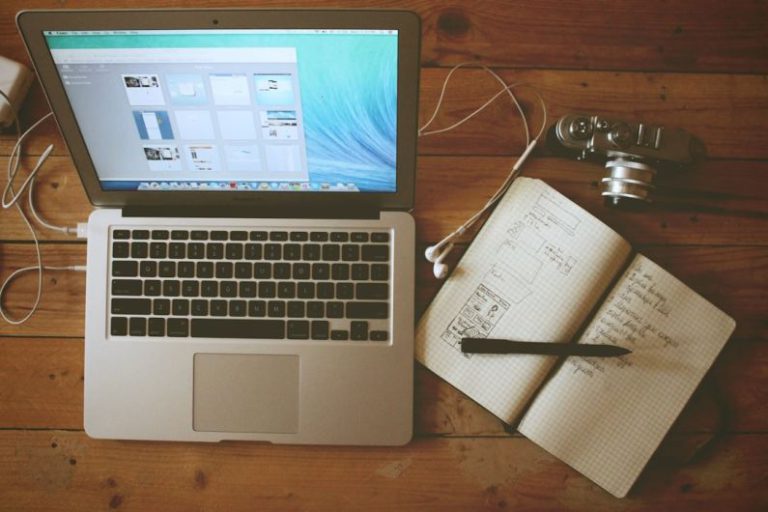Time Management Techniques for a Balanced Life
In today’s fast-paced world, finding a balance between work, personal life, and self-care can be a challenge. It often feels like there are not enough hours in the day to accomplish everything we need to do. However, by implementing effective time management techniques, you can optimize your productivity and create a more balanced life.
Prioritize Your Tasks
One of the most crucial aspects of time management is prioritizing your tasks. Take some time at the beginning of each day to identify the most important tasks that need to be completed. Consider the urgency and importance of each task and create a list in order of priority. By focusing on the most critical tasks first, you can ensure that you are making the best use of your time.
Set Realistic Goals
Setting realistic goals is essential for effective time management. Break down larger tasks into smaller, more manageable steps and set specific deadlines for each one. This will help you stay on track and prevent feeling overwhelmed by the sheer volume of work that needs to be done. By setting achievable goals, you can boost your motivation and productivity.
Eliminate Distractions
In today’s digital age, distractions are everywhere. From social media notifications to email alerts, it can be challenging to stay focused on the task at hand. To improve your time management skills, try to eliminate distractions as much as possible. Consider turning off notifications, setting specific times to check emails, and creating a designated workspace free from distractions.
Practice the Two-Minute Rule
The two-minute rule is a time management technique popularized by productivity expert David Allen. The rule is simple: if a task can be completed in two minutes or less, do it immediately. By tackling small tasks right away, you can prevent them from piling up and consuming more time later on. This technique can help you maintain momentum and stay on top of your workload.
Use Time Blocking
Time blocking is a time management strategy that involves scheduling specific blocks of time for different tasks or activities. By allocating dedicated time slots for work, personal tasks, exercise, and relaxation, you can create a more structured and balanced daily routine. Time blocking can also help you avoid multitasking, which can lead to decreased productivity and increased stress.
Delegate When Possible
Delegating tasks is an effective way to free up your time and focus on more critical responsibilities. Identify tasks that can be outsourced or assigned to others and trust your colleagues, friends, or family members to help you. Delegating not only lightens your workload but also fosters teamwork and collaboration.
Take Breaks
It may seem counterintuitive, but taking regular breaks is essential for maintaining high levels of productivity and focus. Research has shown that brief breaks throughout the day can improve concentration, creativity, and overall well-being. Whether it’s a short walk, a brief meditation session, or a quick coffee break, make sure to incorporate regular breaks into your schedule.
Reevaluate and Adjust
Time management is a dynamic process that requires constant reevaluation and adjustment. Periodically review your time management strategies to identify areas for improvement and make necessary changes. Experiment with different techniques to find what works best for you and be willing to adapt your approach as needed.
Achieving a balanced life is possible with effective time management techniques. By prioritizing tasks, setting realistic goals, eliminating distractions, practicing the two-minute rule, using time blocking, delegating when possible, taking breaks, and reevaluating your strategies, you can optimize your productivity and create a more harmonious and fulfilling life.






